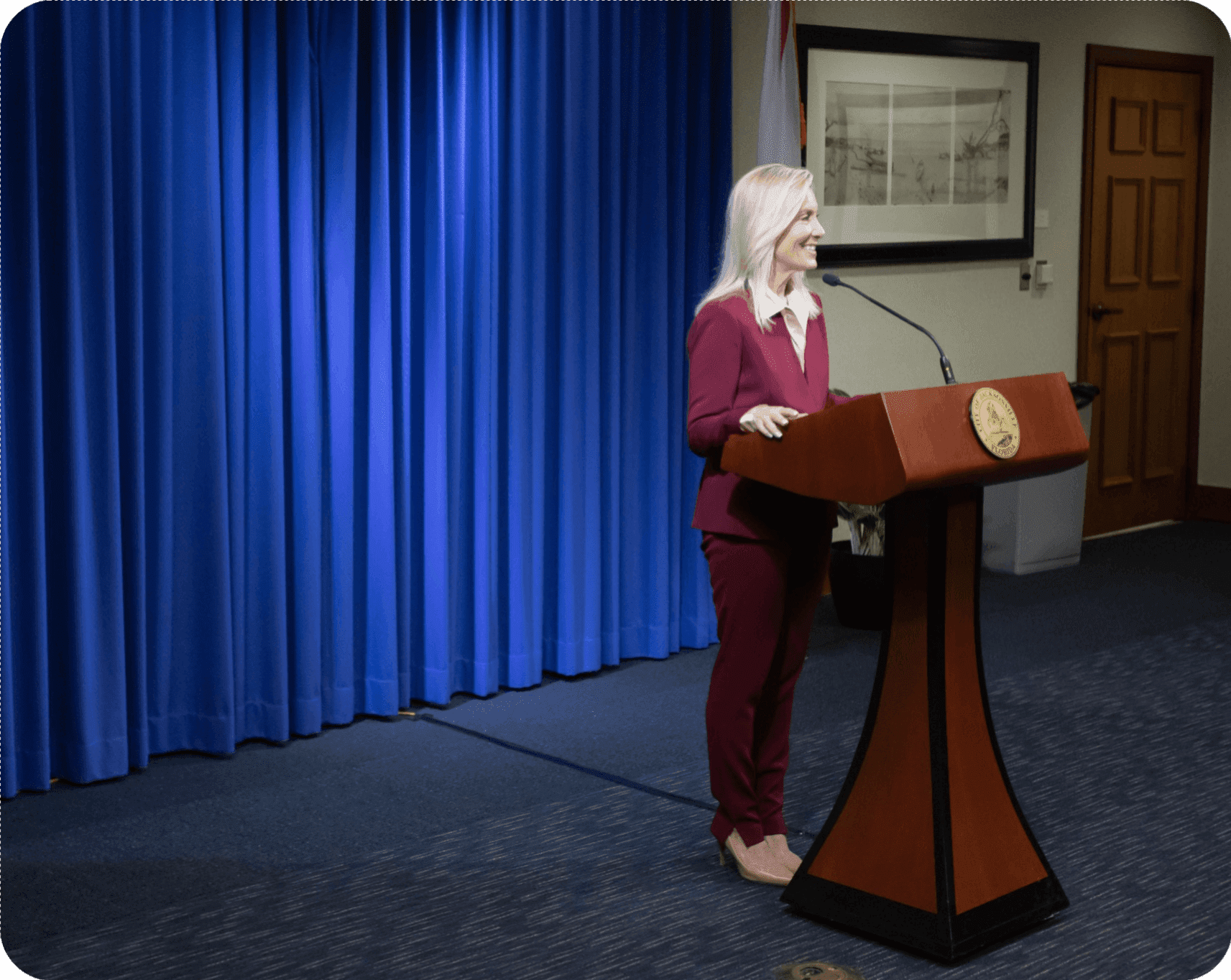A fight is brewing in Florida between banks and the Florida Bar over how to fund legal aid for individuals who can’t afford it.
At issue is an interest rate-setting rule that funds the Funding Florida Legal Aid program (FFLA), formerly known as The Florida Bar Foundation, through the Interest on Trust Account (IOTA) program.
The change has led to interest collections for IOTA accounts that are, in some cases, 10 times higher than similar accounts, such as business checking or savings accounts.
IOTA accounts are separate checking accounts. The Florida Bar requires nearly every attorney in the state to keep clients’ funds separate from their firm’s operating funds. These accounts hold settlement funds until distribution, and the interest rate on the accounts, set by The Florida Bar, is passed along to FFLA’s IOTA program, which in turn funds legal aid for indigent individuals and other justice system improvement programs, such as legal education.
Most of FFLA’s funding comes from IOTA collections, totaling about $46M in the 2022-23 fiscal year. But that number shot up exponentially to nearly $300 million in the 2023-24 fiscal year after a rule change that amended how to calculate interest on accounts. To put that in context, that’s equal to nearly half the general revenue that the Senate has set aside for the entire court system in the state of Florida.
It’s a wonky process that might be hard to understand for those who aren’t lawyers or bankers.
For decades, the IOTA interest rate had been tied to interest rates on comparable accounts, typically less than a half percentage point. The rule change, approved by the Florida Supreme Court without input from bankers, instead tied the interest rate to a much higher lending rate, set by the Wall Street Journal Prime Interest Rate.
After the rule change, that rate shot up to 3%.
Banks have been attempting to negotiate with the Florida Bar on a rate that provides stability for the legal aid program while ensuring fairness for banks, to no avail. Now, the Legislature is stepping in. Two similar bills have been filed in the House and Senate (HB 173 and SB 498) that would set a much lower interest rate for IOTA accounts.
According to an explainer on its website, FFLA argues the rule change was needed to ensure “consistency, predictability, and a meaningful increase in funds available for civil legal aid programs.” The website also explains the history of interest rates, depicting volatile changes, including a “rate near zero” during the Great Recession and again after COVID-19.
However, by tying interest to the Prime Rate, participating banks are forced to pay interest on accounts — which total about $9 billion statewide at any given point — far higher than other customers enjoy. Further, the added cost burden places a disproportionate burden on smaller banks, such as community banks and credit unions, that may be unable to afford the higher overhead.
The Senate bill, carried by Sen. Erin Grall, would mandate that the Chief Financial Officer set two interest rate alternatives for IOTA each quarter. Financial institutions could choose from the two each year. The state CFO would set one option at the highest interest rate available that is comparable to non-IOTA accounts. The other would be set at 25% of the federal funds target rate or 0.25%, whichever is higher.
The House bill, carried by Rep. Robert Brackett, is similar. It would mandate that rates for similar accounts not be lower than the bank’s highest rate nor less than 0.25%.
And this Legislature, in particular, has a vested interest in setting its own rules for the IOTA program.
While it hasn’t been publicly debated, funds from the program are being used for issues the Legislature and Gov. Ron DeSantis have publicly advocated against.
According to FFLA’s own accounting, recipients include groups like Americans for Immigrant Justice, which in some cases works to fight Immigration and Customs Enforcement actions; CAIR Florida, another group Republicans in the majority often oppose; the Gender Justice Clinic, which helps with transgender issues, such as name changes; and the Southern Legal Counsel, a civil rights advocacy group.
And FFLA does not need the new windfall from the recent rule change. Of its nearly $300 million in interest accruals in the 2023-24 fiscal year, $142 million went unspent, prompting FFLA to request the Florida Supreme Court to allow them to hold the excess funds in reserves for future legal aid program needs.
Furthermore, not all the collected funds were used for legal aid. Earlier this year, the FFLA board approved $1.7 million for student loan repayments for lawyers who provide legal aid through the Loan Repayment Assistance Program. The program helps lawyers at a nonprofit legal aid organization pay down school loans, with full forgiveness when lawyers meet specific requirements.
Post Views: 0

 Entertainment8 years ago
Entertainment8 years ago
 Politics8 years ago
Politics8 years ago
 Entertainment8 years ago
Entertainment8 years ago
 Entertainment8 years ago
Entertainment8 years ago
 Tech8 years ago
Tech8 years ago
 Tech8 years ago
Tech8 years ago
 Tech8 years ago
Tech8 years ago
 Politics8 years ago
Politics8 years ago











